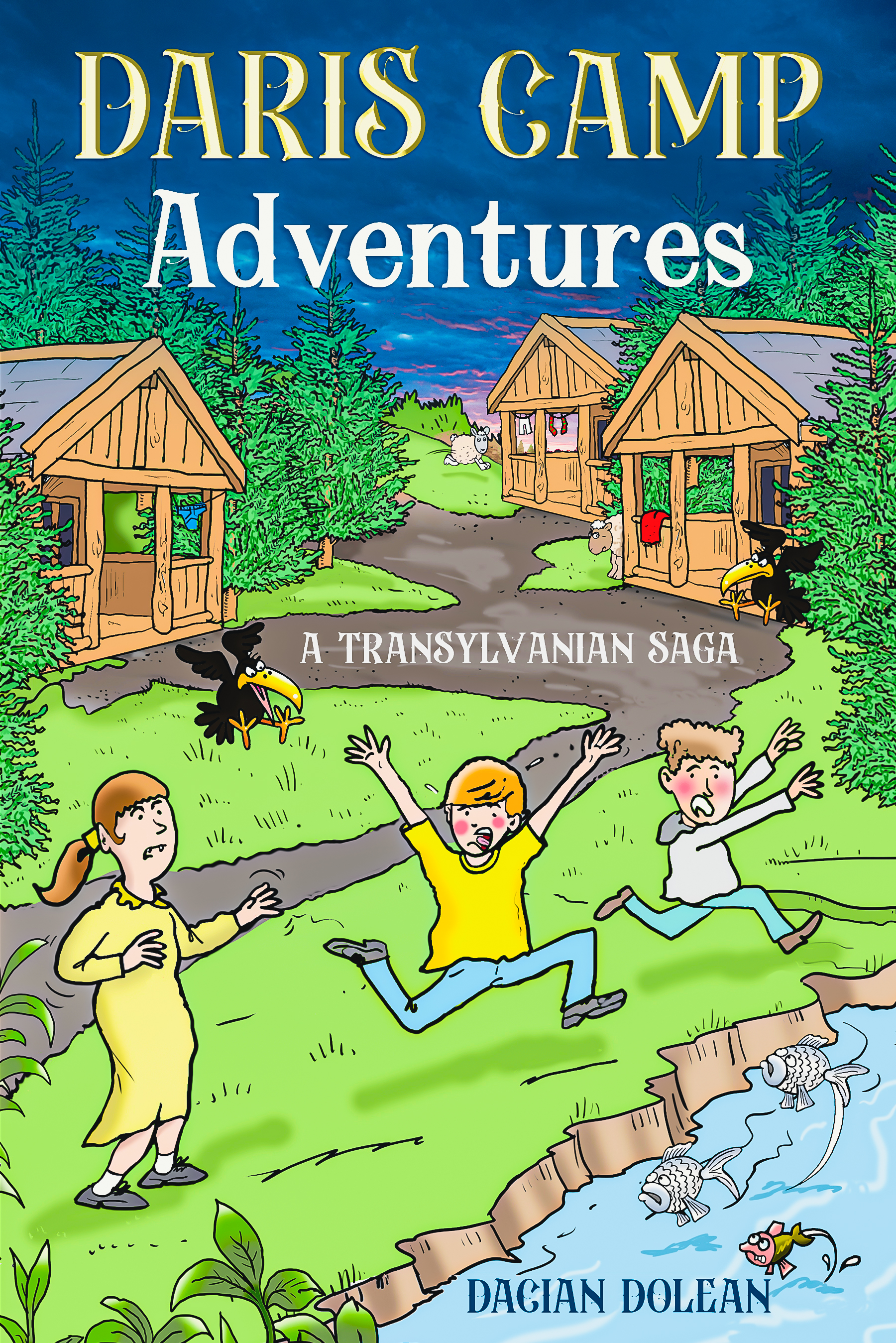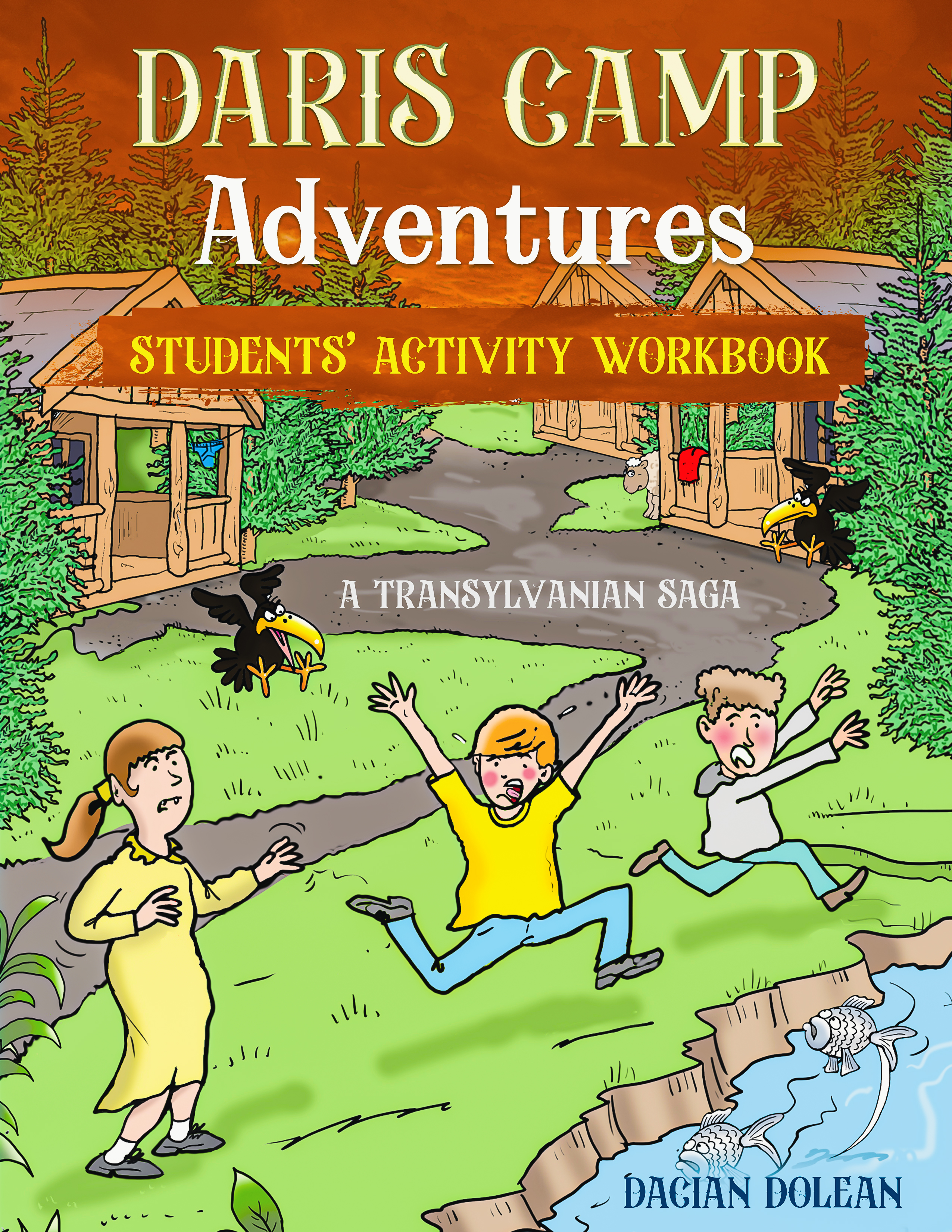The following is a selection of my research papers, highlighting my expertise in the field
Dolean, D.D. & Prodan, N. (2023). Let's eat grandma: Awareness of punctuation and capitalization rules' violations predicts the development of reading comprehension. Learning and Instruction, 86, 101780, DOI:https://doi.org/10.1016/j.learninstruc.2023.101780
Dolean, D.D. (2022). Home literacy practices that support language and literacy development in bilingual children: A longitudinal case study. International Journal of Bilingual Education and Bilingualism, 25(7), 2621-2635. DOI: 10.1080/13670050.2021.1943304
Dolean, D.D. & Lervag, A. (2021). Variation of homework assigned in elementary school can impact academic achievement. The Journal of Experimental Education, 90(2), 280-296. DOI: 10.1080/00220973.2020.1861422
Dolean, D.D., Lervag, A., Visu-Petra, L. & Melby-Lervag, M. (2021). Language skills, and not executive functions, predict the development of reading comprehension: Evidence from an orthographically transparent language. Reading and Writing: An interdisciplinary journal, 34, 1491-1512. doi.org/10.1007/s11145-020-10107-4
Dolean, D.D. & Călugăr, A. (2020). How reliably can we measure a child’s true IQ: Socio-economic status can explain most of the inter-ethnic differences in general non-verbal abilities. Frontiers in Psychology, 11, 1-8. https://doi.org/10.3389/fpsyg.2020.02000
Dolean, D.D., Melby-Lervag, M., Tincas, I., Damsa, C. & Lervag, A. (2019). Achievement gap: Socioeconomic status affects reading development beyond language and cognition in children facing poverty. Learning and Instruction, 63. https://doi.org/10.1016/j.learninstruc.2019.101218.
Lervag, A., Dolean, D.D., Tincas, I. & Melby-Lervag, M. (2019). Socioeconomic Background, Nonverbal IQ and School Absence Affects the Development of Vocabulary and Reading Comprehension in Children Living in Severe Poverty. Developmental Science, 22(5). https://doi.org/10.1111/desc.12858
Dolean, D.D., & Tincas, I. (2019). Cognitive factors explain inter-cultural variations of abilities in rhythm perception: The case of Roma minority. Psychology of Music, 47(5), 757–766. https://doi.org/10.1177/0305735618766715
Dolean, D.D. (2016). The effects of teaching songs in foreign language classrooms on foreign language anxiety. Language Teaching Research, 20(5), 638-653. DOI: 10.1177/1362168815606151
Dolean, D.D. (2015). How early can we efficiently start teaching a foreign language? European Early Childhood Education Research Journal, 23(5), 706-719. DOI:10.1080/1350293X.2015.1104047
Dolean, D.D. (2014). Using the Keyword Method in the classroom: Is the interacting imagery necessary? System, 45, 17-26. http://dx.doi.org/10.1016/j.system.2014.04.003







